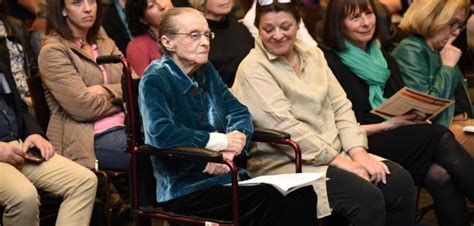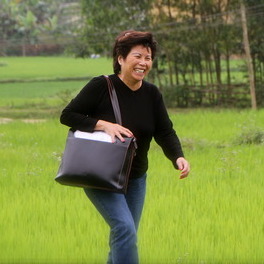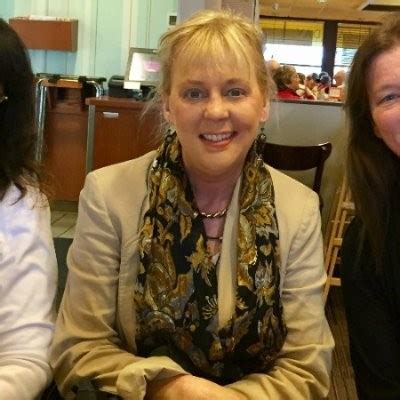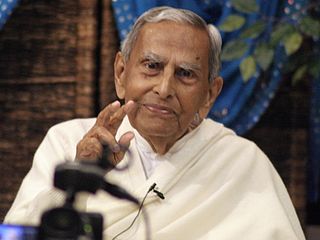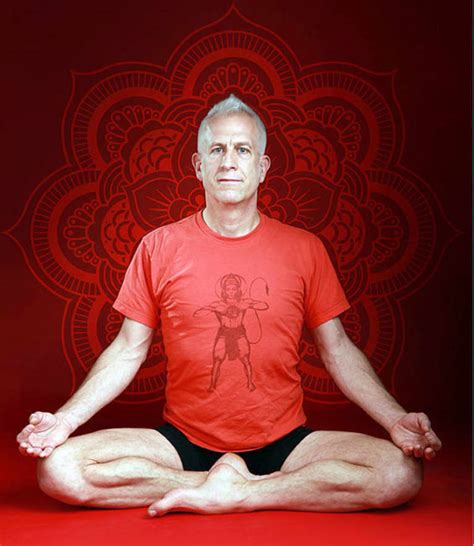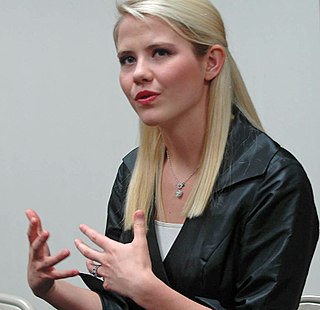A Quote by William Fritz
Suffering and joy teach us, if we allow them, how to make the leap of empathy, which transports us into the soul and heart of another person.
Related Quotes
For you see, the face of destiny or luck or god that gives us war also gives us other kinds of pain: the loss of health and youth; the loss of loved ones or of love; the fear that we will end our days alone. Some people suffer in peace the way others suffer in war. The special gift of that suffering, I have learned, is how to be strong while we are weak, how to be brave when we are afraid, how to be wise in the midst of confusion, and how to let go of that which we can no longer hold. In this way, anger can teach us forgiveness, hate can teach us love, and war can teach us peace.
I think there's such a fine line in a relationship. The role of imagination and privacy... how much space can you allow before that becomes distance? And similarly, imagination is empathy. That's how you achieve empathy. It's how you can be with another person and understand how they are in the world.
The only initiation which I advocate and which I look for with all the ardor of my Soul, is that by which we are able to enter into the Heart of God within us, and there make an Indissoluble Marriage, which makes us the Friend and Spouse of the Repairer … there is no other way to arrive at this Holy Initiation than for us to delve more and more into the depth of our Soul and to not let go of the prize until we have succeeded in liberating its lively and vivifying origin.
People say, "I have heart disease," not "I am heart disease." Somehow the presumption of a person's individuality is not compromised by those diagnostic labels. All the labels tell us is that the person has a specific challenge with which he or she struggles in a highly diverse life. But call someone "a schizophrenic" or "a borderline" and the shorthand has a way of closing the chapter on the person. It reduces a multifaceted human being to a diagnosis and lulls us into a false sense that those words tell us who the person is, rather than only telling us how the person suffers.
When we believe or say we have been offended, we usually mean we feel insulted, mistreated, snubbed, or disrespected. And certainly clumsy, embarrassing, unprincipled, and mean-spirited things do occur in our interactions with other people that would allow us to take offense. However, it ultimately is impossible for another person to offend you or to offend me. Indeed, believing that another person offended us is fundamentally false. To be offended is a choice we make; it is not a condition inflicted or imposed upon us by someone or something else.

